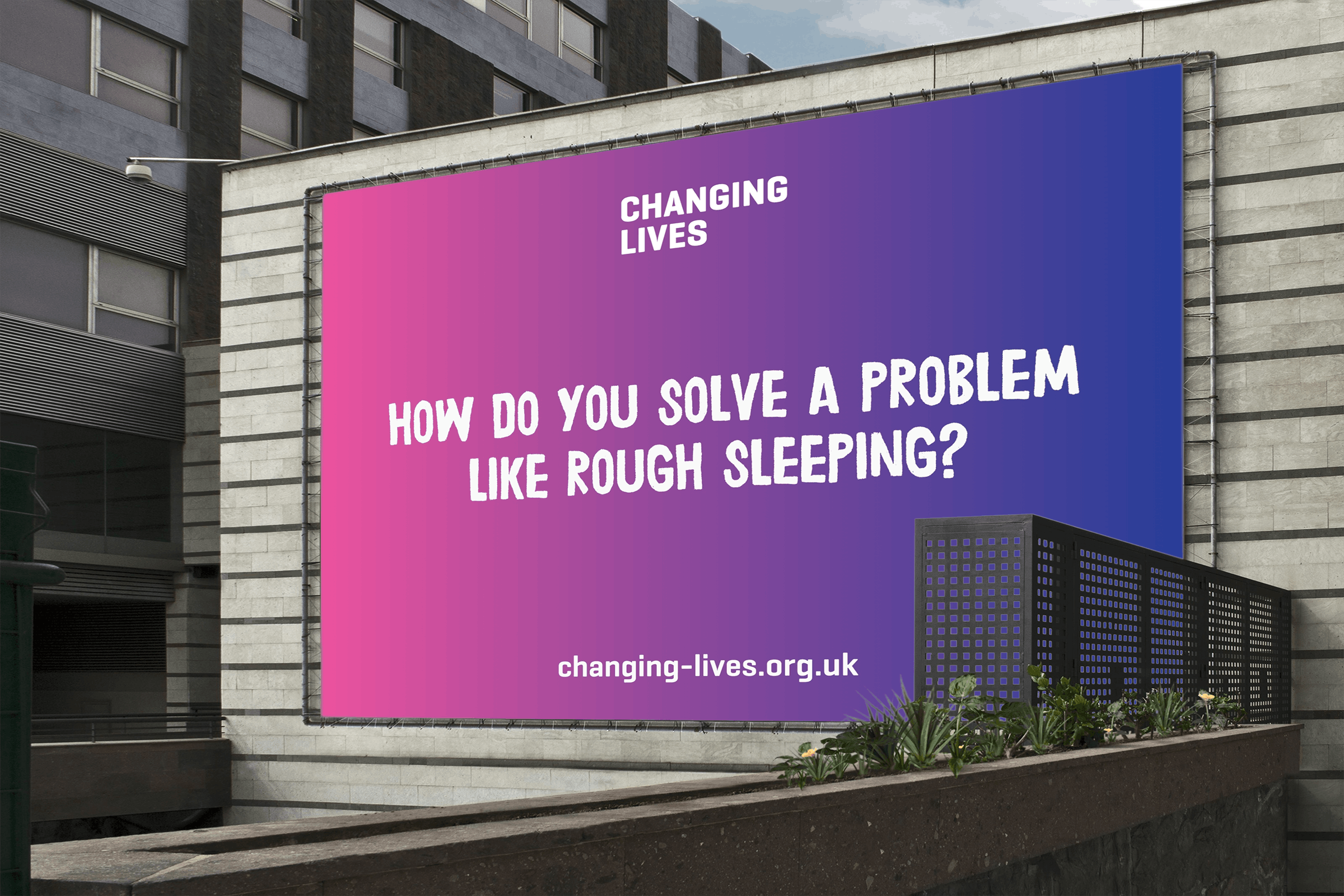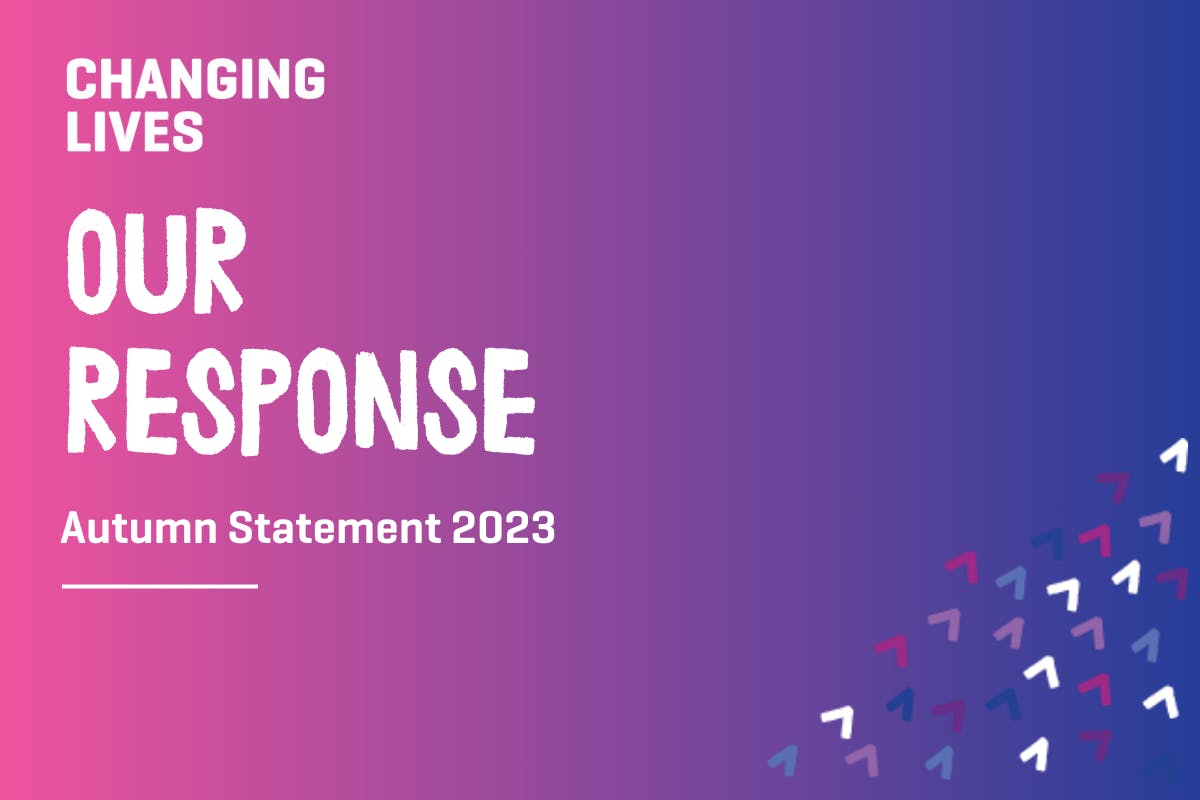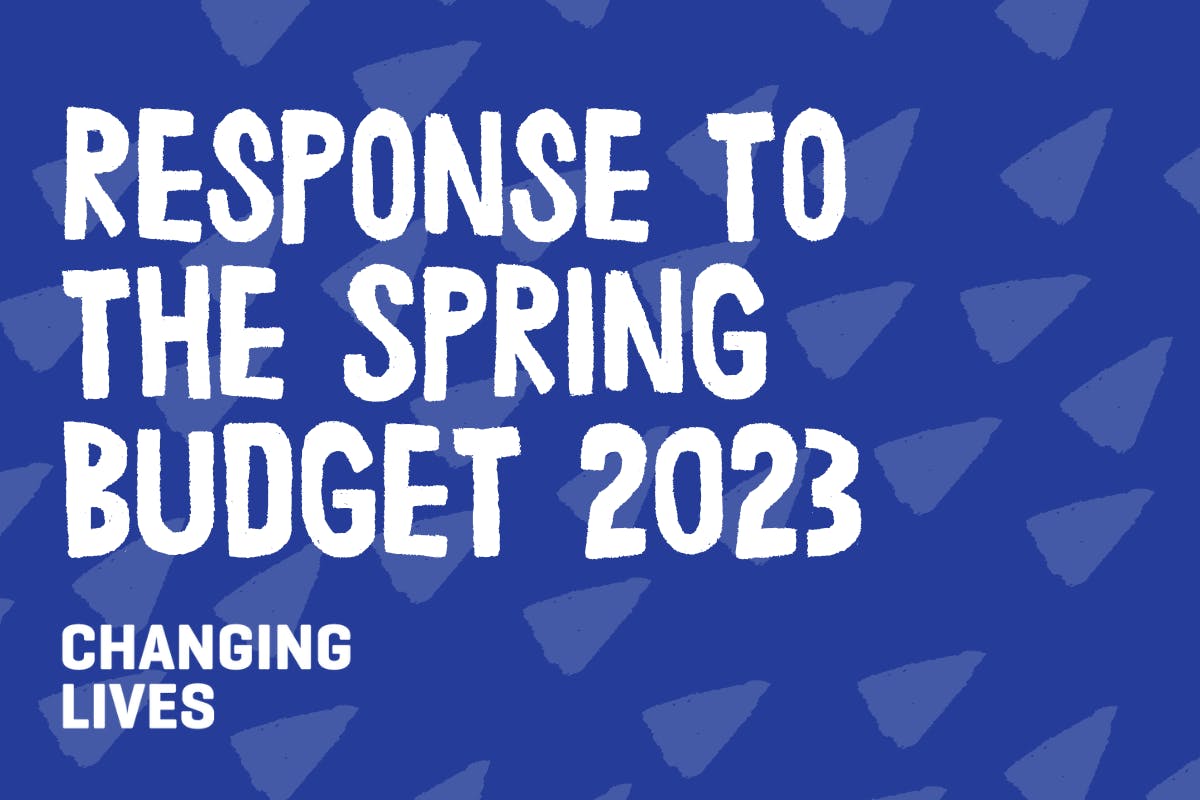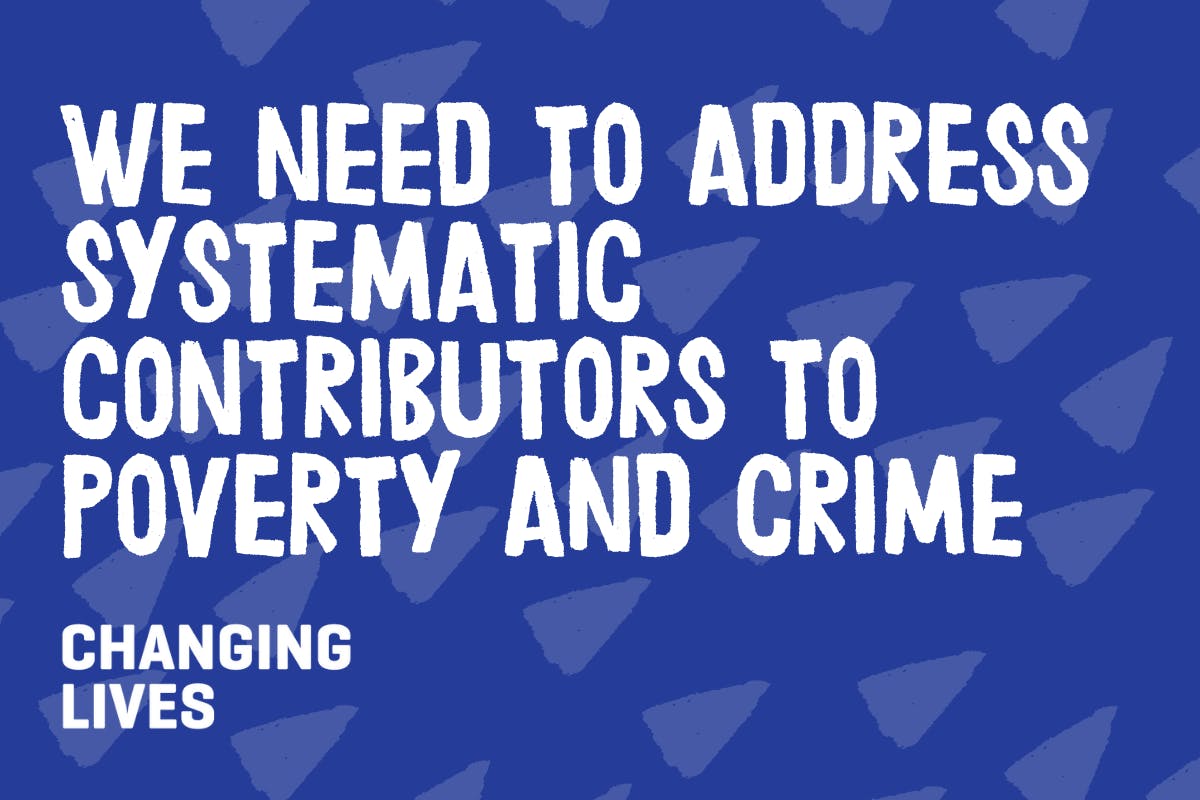Policy Manager Philippa Rousell responds to the latest Rough Sleeping Snapshot.
How do you solve a problem like rough sleeping?
It turns out that this is a question many are struggling to answer. According to DLUHC’s latest rough sleeping snapshot, the number of people sleeping rough rose by 27% from 2022 to 2023. With councils across the country considering reducing their homelessness budgets, these figures are likely to rise higher.
The thing is, we actually know what is needed to tackle rough sleeping. Holistic wraparound support; gender-specific, trauma-informed services; assertive outreach – to name but a few. The question is not ‘what works?’ but ‘how do we fund it?’
How do you solve a problem like rough sleeping when public finances are in an absolute mess?
Councils across the country are under immense financial pressure, with cuts being considered across multiple areas, including homelessness services.
After years of austerity, homelessness services are operating on the bare bones. It is not enough to simply provide someone with a bed and a roof over their head, but services are limited in the wraparound support that they are able to provide. This support is vital for the safety and wellbeing of both staff and residents, and is so crucial to moving many out of homelessness services and into their own permanent home.
A lack of affordable housing is also contributing to people becoming stuck in the system for far longer than necessary. The rough sleeping snapshot shows that Westminster had the highest number of people sleeping rough on a single night. As a provider of supported accommodation in Westminster, we know how hard it is to find people their own home to move on to. Our staff deliver excellent support getting people ready to manage their own tenancy but, if the houses aren’t there, then people can’t move on. If people can’t move on, there is nowhere to place people who are sleeping rough.
More action is needed to increase the supply of affordable housing, but even the best government policies won’t deliver that overnight. In the meantime, funding for homelessness services need to be protected. We accept that with finite resources, real-term cuts will have to be made somewhere, but homelessness services are not the place to do it.
Not only are there real life or death implications of cutting homelessness services, it also costs councils more in the long run if they have to rely on hotels and B&Bs to meet their statutory obligations. This only creates additional financial pressures further down the line.
That is why we have joined many other homelessness organisations in calling on the Government to provide vital funding to local authorities.
Squeezing budgets to fund tax cuts for the well off may be a vote winner ahead of an election, but what does it say about our society if we are happy to let people die on the streets when we could have done something about it?






